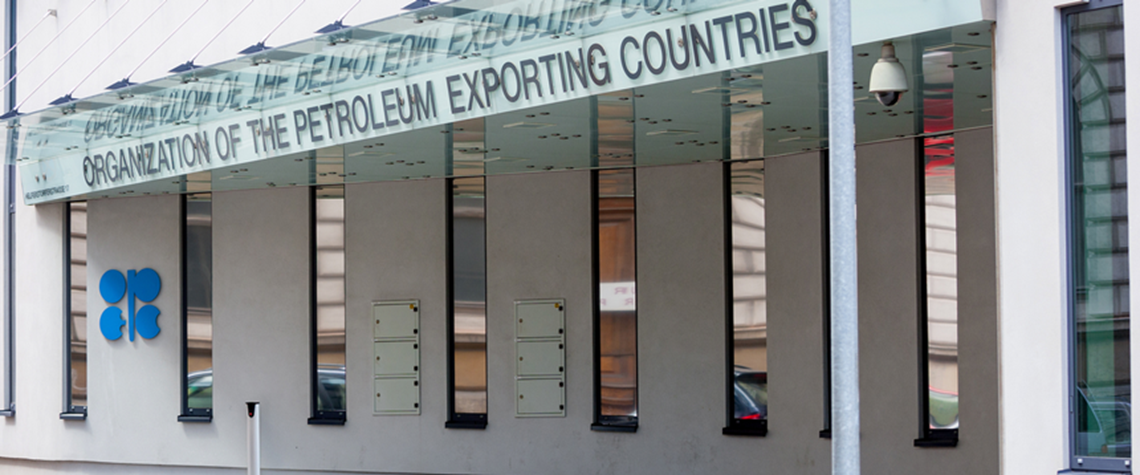Opec’s swing producers to stick to deal
Opec’s top producers are unlikely to deviate from an agreement that has brought market stability and buoyed prices
Saudi Arabia has continued to reject calls from the US to increase oil production as Brent crude hovers around $90-100/bl. The latest rejection comes amid increased speculation that the Kingdom and the UAE—holders of the bulk of global spare production capacity—could break from the 2020 output restraint deal signed between Opec and ten non-member countries in order to increase their market share and make the most of current prices. The US State Department’s energy envoy, Amos Hochstein, and National Security Council Middle East coordinator, Brett McGurk, held talks with Saudi officials in Riyadh in February with the goal of pressuring the country to raise production and stabilise the market.

Also in this section
18 February 2026
With Texas LNG approaching financial close, Alaska LNG advancing towards a phased buildout and Magnolia LNG positioned for future optionality, Glenfarne CEO Brendan Duval says the coming year will demonstrate how the company’s more focused, owner-operator approach is reshaping LNG infrastructure development in the North America
18 February 2026
The global gas industry is no longer on the backfoot, hesitantly justifying the value of its product, but has greater confidence in gas remaining a core part of the global energy mix for decades
18 February 2026
With marketable supply unlikely to grow significantly and limited scope for pipeline imports, Brazil is expected to continue relying on LNG to cover supply shortfalls, Ieda Gomes, senior adviser of Brazilian thinktank FGV Energia,
tells Petroleum Economist
17 February 2026
The 25th WPC Energy Congress, taking place in Riyadh, Saudi Arabia from 26–30 April 2026, will bring together leaders from the political, industrial, financial and technology sectors under the unifying theme “Pathways to an Energy Future for All”







